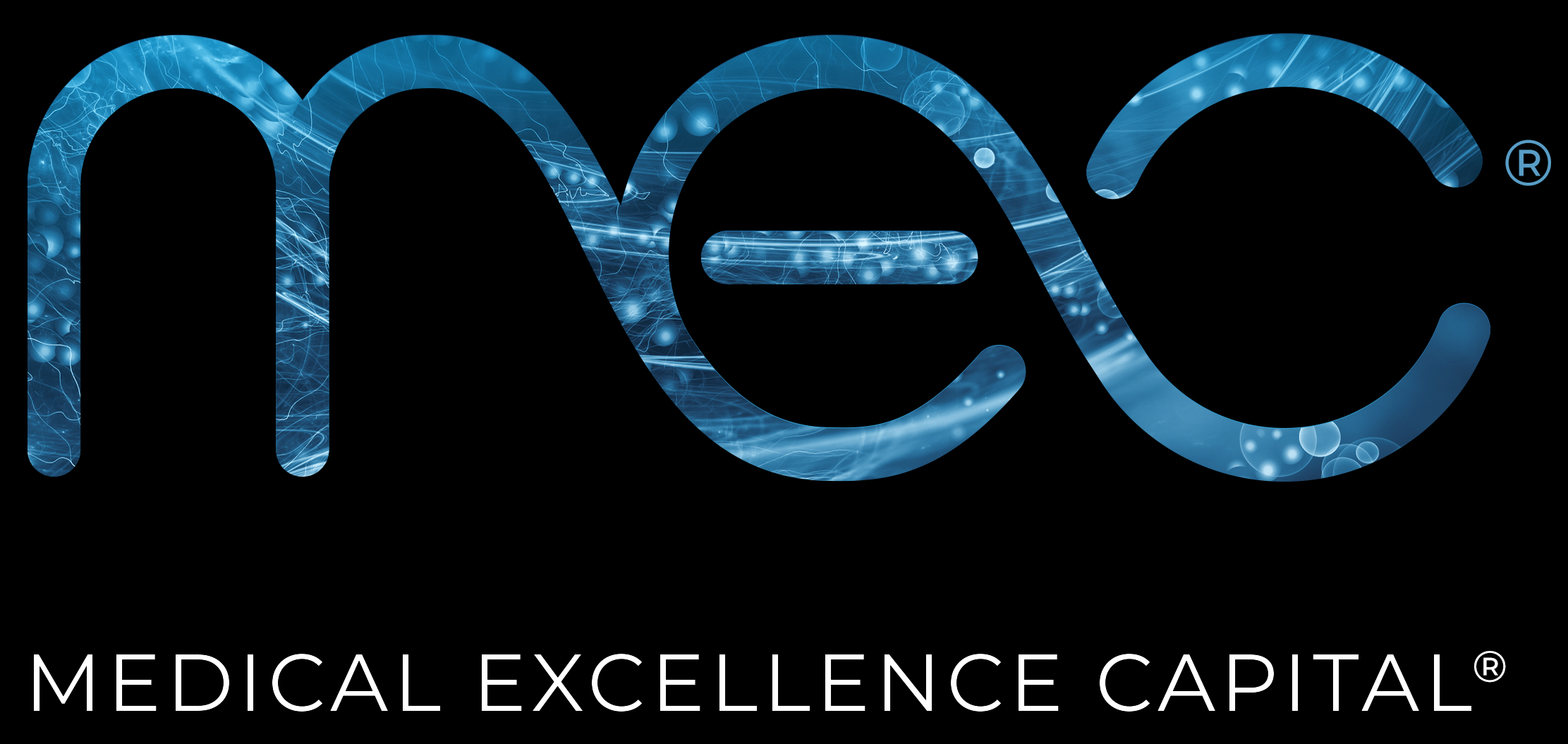How Lessons Learned During COVID Will Shape the Future of Early Cancer Detection
When COVID first started, the world scrambled to find ways to test for it, in an attempt to slow its spread across the globe. Initially, all efforts centered around using Next-Generation Sequencing (NGS) to determine its genetic make-up and identify its unique DNA markers. Once these markers were discovered, the race was then on to develop much faster, cheaper, and more scalable methods for testing for the virus, which was rapidly evolving into a pandemic. NGS, while instrumental in the discovery of these markers, required highly skilled lab operators and was just too expensive and slow to be deployed at the scale that was going to be needed for what was to come.
Another technology called Polymerase Chain Reaction (PCR) was far better suited to the task. It could be deployed in both lab and decentralized environments and was inexpensive and fast compared to NGS. Once the identifying markers for COVID-19 had been discovered using NGS, they could be converted into targets that could be detected using PCR. As almost everyone around the world has now experienced, PCR testing has become the norm for accurate, rapid, and low-cost COVID testing.
So, why can’t this approach be used to provide the same level of early detection for other diseases like cancer? Well, in the COVID case, to detect the virus only requires a saliva sample and less than a handful of targets or unique genetic markers to accurately identify it. For highly complex diseases like cancer, a blood sample, known as a liquid biopsy, and hundreds to thousands of targets are required to accurately identify it due to the large variability from person to person. There are also many different types of cancer, each with its own profile of targets that not only span across regions of DNA, but also RNA, proteins, and methylation sites. In addition, for cancer screening to be most effective, it needs to be able to detect the presence of the tumor when it is still at an early stage and not shedding much of its biological material into the patient’s bloodstream. That means that if you want to accurately find early-stage cancer, you need to be able to detect thousands of multi-omic targets in very small quantities. Currently, research as well as screening and testing for complex diseases like cancer are performed using NGS as there have been no other viable technology alternatives.
However, making early-stage cancer screening affordable and accessible to everyone in the way that COVID-19 testing has become, is now completely within reach.
Pleno: Realizing Digital Biology
Pleno Inc. is an early-stage San Diego startup company that is developing a platform that directly addresses this problem. Through its foundational technology called Digital Biology Processing, which combines innovative biochemistry with advanced digital signal processing techniques borrowed from telecoms, it is developing an instrument platform capable of accurately detecting many thousands of these multi-omic targets at high throughput and very low cost. The scalable instrument platform will initially be deployed in research and clinical labs, with a follow-on version being developed for distributed operation at near-patient hubs and retail clinics. MEC is excited to partner with Pleno in realizing a new future of digital biology where getting an annual early cancer screening becomes as easy as getting a flu shot.
_______________________
The contents herein contain a description of an investment made by MEC. References to any investment included herein should not be construed as a recommendation of any particular investment or security. It should not be assumed that investments made in the future will be comparable in quality or performance to the investment described herein.
